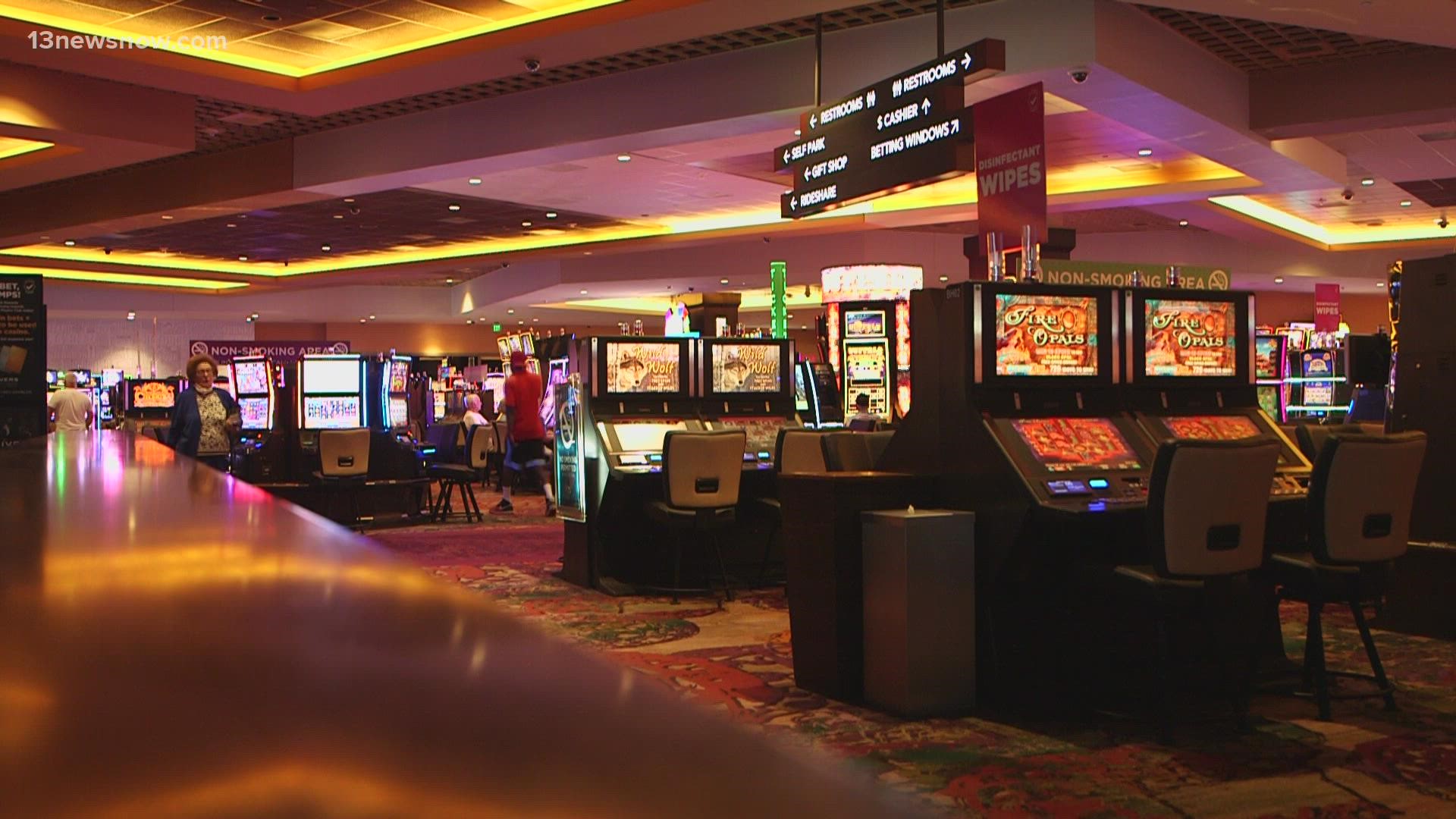
Gambling games have captivated players for centuries, transforming from basic recreational activities to intricate adventures that combine fortune, strategy, and fun. From the ancient roots of gambling in civilizations such as the ancient societies of Mesopotamia and Rome to the dazzling corridors of modern casinos, the history of these games reveals much about the human experience and our relationship with risk. As cultures have merged and technological advancements have occurred, casino games have transformed, reflecting shifts in society and developments in gameplay.
The earliest forms of gambling likely featured simple games involving dice and wagering on the results of athletic contests. Through the years, these primitive activities grew into better-organized games like playing card games, the game of roulette, and the variety of slot games that fill the premises of casinos today. Every generation brought its distinct regulations, aesthetics, and sociocultural significance. Today, casino games persist in evolving with the rise of online platforms, enabling players from all corners of the globe to engage in a shared experience, further merging the traditional with the modern era.
Initial Origins of Casino Activities
Gaming activities have roots that stretch back to historical civilizations, where betting was deeply embedded in cultural traditions and social customs. The earliest known forms of gambling emerged in Mesopotamia around 3000 BC, including primitive dice activities made from bone material. These initial games laid the foundation for more complex gambling games, showing humans’ innate urge to seek fortune and amusement through chance.
As societies developed, so did their betting pursuits. In ancient China, around 2300 BC, objects were unearthed that resembled primitive basic forms of a lottery activity. More organized instances of betting emerged in the ancient Roman civilization, where activities of luck were a common recreation, often occurring in social gatherings. The ancient Romans developed different wagering games, which entailed die and table games, highlighting the pervasive nature of gambling across different economic strata.
With the passage of years, these early activities influenced the progress of modern gambling games. In the medieval period, card activities grew prevalent in European culture, paving the way for the organized gaming venues we know today. The shift from casual betting to organized gaming in taverns and private houses marked a significant shift in how people interacted with games of chance, leading to the eventual establishment of casinos as dedicated places for gambling.
The Rise of Contemporary Casino Gaming
The final 1960s and 1970s marked a pivotal shift in the field of gambling games, fueled by tech innovations and shifts in societal views towards wagering. The emergence of personal computers and the World Wide Web altered the way gamblers interacted with their preferred gaming experiences. Online casinos emerged, allowing players to enjoy traditional table games like poker and 21 from the convenience of their homes. This new digital landscape not only broadened availability to casino games but also drew in a newer audience who found the comfort and diversity tempting.
As online gambling gained traction, so did advancements in casino tech. The advancement of advanced software and visual elements converted traditional casino games into engaging experiences. Gamblers could now connect with authentic dealers through real-time broadcasts, importing the vibe of physical casinos directly into their living rooms. Ga179 This blending of live gaming with online platforms created a new hybrid model that boosted the social aspect of gambling, making it possible for individuals to connect and compete with others around the globe.
Moreover, the emergence of gaming on mobile devices substantially changed the casino landscape. With the widespread use of smartphones and touch devices, players can play their favorite gaming options at any location, at any time. Mobile apps offer a wide selection of options customized for mobile screens, catering to the dynamic lifestyle of modern users. This easy access has led to rising engagement in casino games, contributing to the exponential growth of the gambling sector. As a result, the future of casino gaming continues to develop, adjusting to new technologies and shifting player expectations.
The Impact of Technology on Casino Games
Technology’s advancement has significantly transformed casino games, enhancing the overall experience for players for players around the world. With the introduction of the internet, online casinos were created, allowing players to enjoy their favorite games from the comfort of their homes. This shift not only made casino games more available but also increased the variety of games available, as online platforms could offer many different versions of traditional games without the limitations of physical casinos.
The rise of mobile technology further transformed the casino gaming landscape. With the proliferation, players can to play casino games whenever and wherever they want. This mobility has led to the creation of dedicated mobile applications and optimized websites that provide seamless gaming experiences. Additionally, advancements such as live dealer games have brought the genuine feel of a casino into players’ living rooms, connecting between physical and online gaming.
Moreover, advancements in AI and virtual reality are paving the way for the next generation of casino games. AI improves game design and player interaction, creating customized experiences based on user behavior and preferences. Meanwhile, virtual reality offers immersive environments where players can engage in a virtual casino environment, making the gaming experience more engaging and lifelike. As technology continues to evolve, the future of casino games seems bright, filled with endless possibilities for innovation and entertainment.
